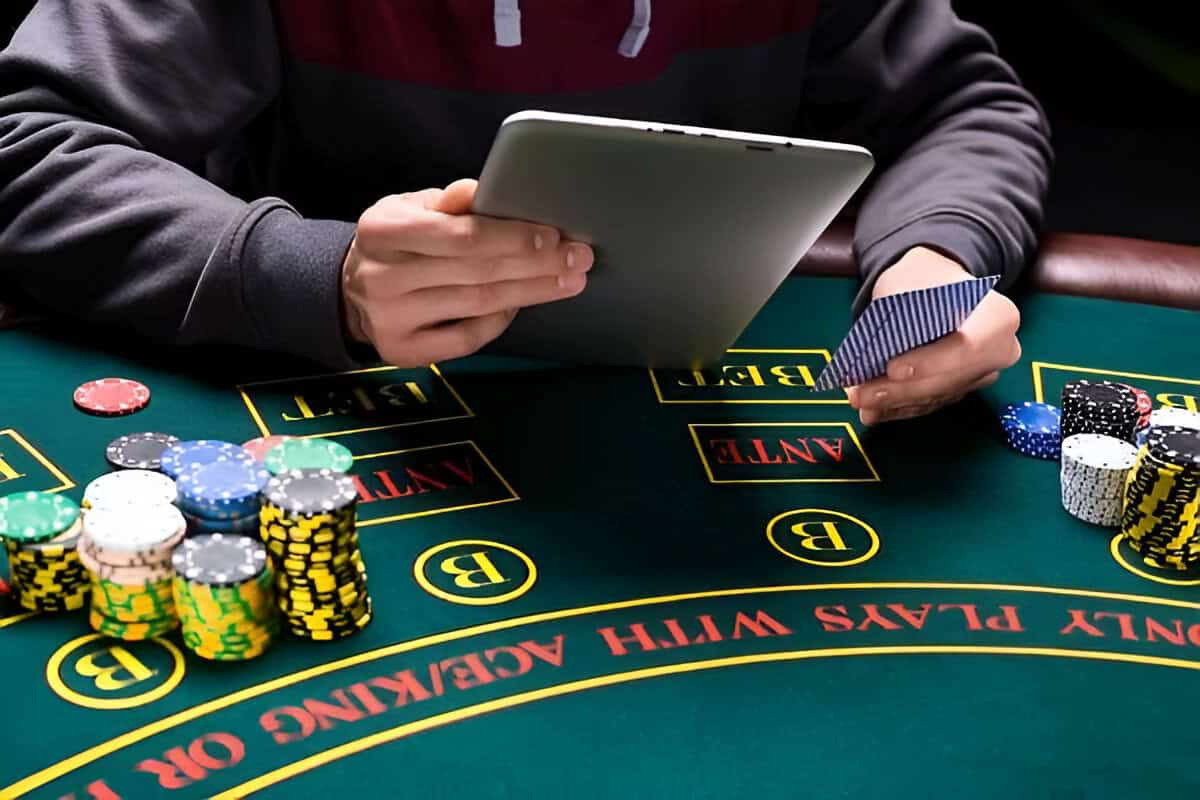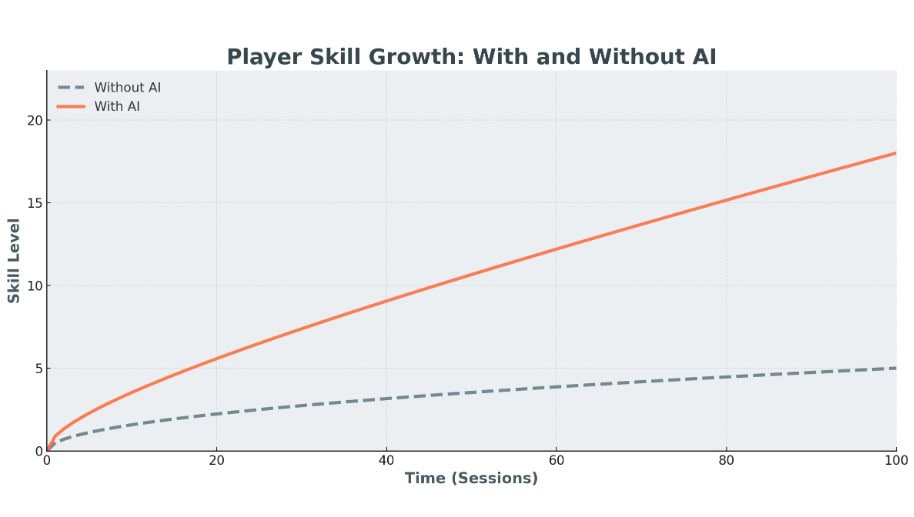
Mastering Poker: Solo Study vs. AI Assistance
Poker has been a war of wits, strategies, and nerves since time immemorial. Players have been perfecting their craft for years through much self-study, cumbersome hand analysis, and hours at the felt. Things, however, are a little different today, with AI having recently gone absolutely off the charts. For now, AI-powered poker tipsters promise to revolutionize the way in which we learn-even making the most complex of strategies available at a tap of a few clicks.
The big question is whether to choose the traditional approach, go it alone, or seek help with AI power. The following will take you through the pros and cons of each and show you how to strike the right balance.
How to Master Poker Through Solo Study
Self-learning at poker is one of those rites of passage. There is just something inordinately satisfying about grinding your way to mastery, hand by bloody hand. You aren’t just learning strategy-you are forging your style-with the studying of poker books, reviewing your play, and trying experiments at the tables.
That’s where this approach creates independence. In the process of studying your own hands, you are learning pattern recognition and how to dissect opponents’ tendencies-all while thinking critically about your moves. It’s raw, personal, and above all, it sticks.
Solo might also have its pitfalls. Without outside feedback, it’s so easy to miss those blind spots. Are you overplaying suited connectors? Are you calling down too light on the river? Self-taught players reinforce their own biases worse, fashioning habits that are tough to get rid of.

Meet Your New Coach: AI Poker Tipsters
Now, let’s get a little technical. AI poker tools, be they rudimentary tipsters or full-on bots, represent modern magic. Virtual coaches able to analyze millions of hands in seconds and provide personalized feedback or real-time advice. Ever wonder if you should have folded that pocket pair preflop? The AI will let you know.
But perhaps the biggest positives of AI will be the precision. These are tools built on algorithms churning through large datasets and exposing trends and strategies no human player might think of. Run any number of scenarios you like, and you will be ready for anything an opponent throws at you.
It’s also a lot of the guesswork that AI eliminates. It’s like having a poker cheat sheet-but better. Instead of memorizing charts, you get context-sensitive suggestions, so you learn faster and more efficiently.
There is a downside, though: too much reliance on AI can stifle creativity. Poker isn’t just about numbers; it’s about psychology, unpredictability, and gut instinct. Let a bot do all your thinking, and you risk turning into something predictable-or worse-robotic.
Finding the Perfect Balance
Here is the thing: you do not have to choose between solo study and AI. The smartest players do both. AI-powered tipsters help you plug the leaks in your game, experiment with new approaches, and grow more confident in big-pressure spots. Meanwhile, solo study fosters the intuition and adaptiveness that no machine can give you.
For now, start integrating AI into your current routine. Here are some examples:
- Let AI analyze your play after sessions to specify mistakes.
- Deepen your solo study of those mistakes to understand why they happened.
- Practice without AI to work on gut feeling and decision-making.
It’s more like training with a personal trainer. He takes you through all the moves, but then you’ve got to get in the ring and fight your own battles.

Real-Life Applications: How Pros Use AI
Even pros combine AI with solo learning. Think of Pluribus, the AI poker bot that outmaneuvered many human pros in six-max games. You may not sit at your local table dealing with Plurbus, but studying its strategies will teach you volumes about GTO, game theory optimal play.
Then there are players-Take Daniel Negreanu-who stick by reading an opponent. No bot is going to do that for you. That’s using AI to tune their technical skills coupled with solo study to ace the human components that have made them winners.
Key Takeaways for Aspiring Players
- Solo Study: The best foundation means you have a grasp of the basics on your own. Master hand ranges, position, and bankroll management.
- Integrate AI Tools in Your Game Study: No need to pay a tipster; let poker bots analyze your game. Look out for DeepStack or PokerSnowie to give yourself a plus-a edge even higher.
- Keep Practicing Live: Nothing replaces real-life experience. Play online or at the tables regularly to put into practice what you have so far learned.
- Stay Flexible: Poker never stops evolving. Remain open-minded and change up your strategy accordingly as you learn more.
The Future of Poker Learning

As AI gets even better, the thin line separating man from machine will continue to blur. But today’s bots are cool in every way, and the best players have come to understand that poker is something other than merely cold, hard mathematics. It is a dance between the head and heart, wit set against wit-rewarding creativeness just as much as calculation.
You can be an even more formidable player by rounding out AI precision with personal growth through solo study. So what are you waiting for? The cards are on the table, and the future of poker is yours for the taking.
